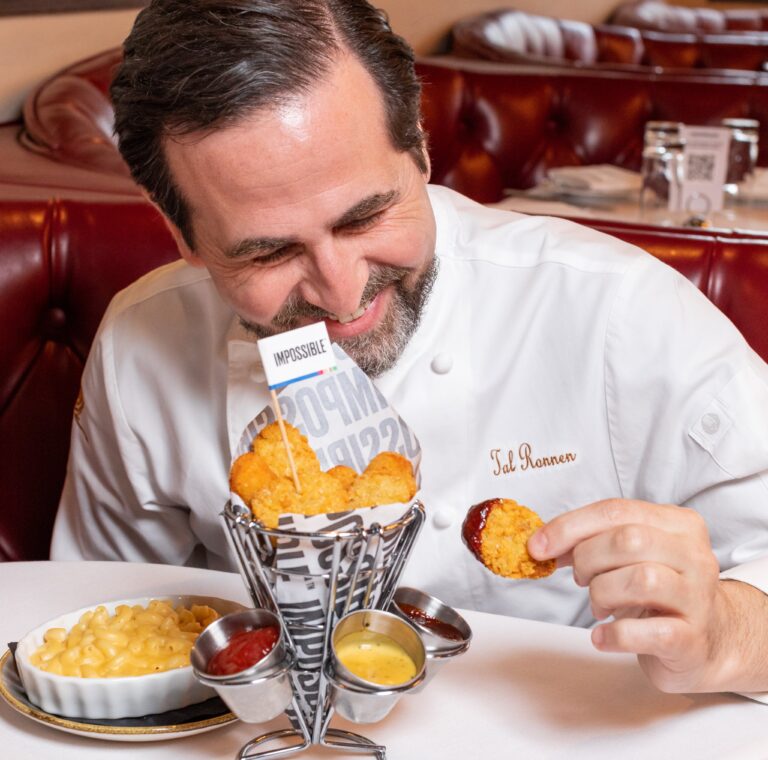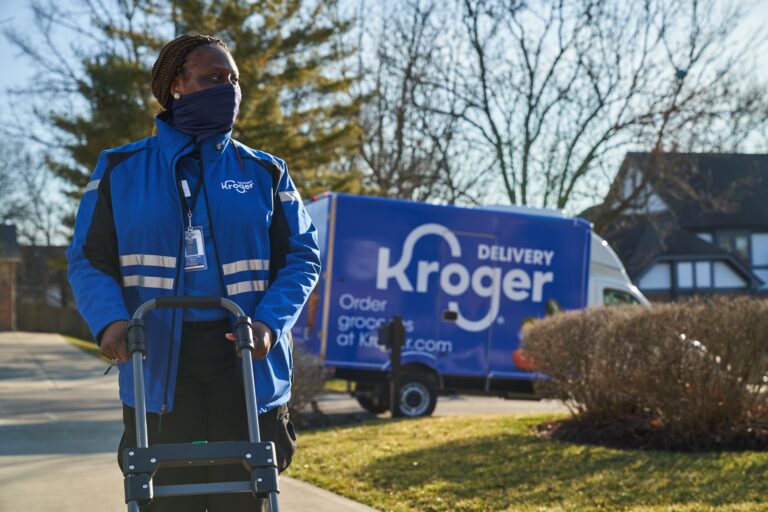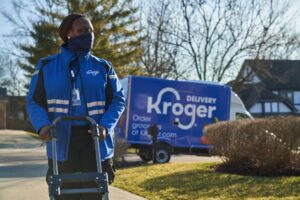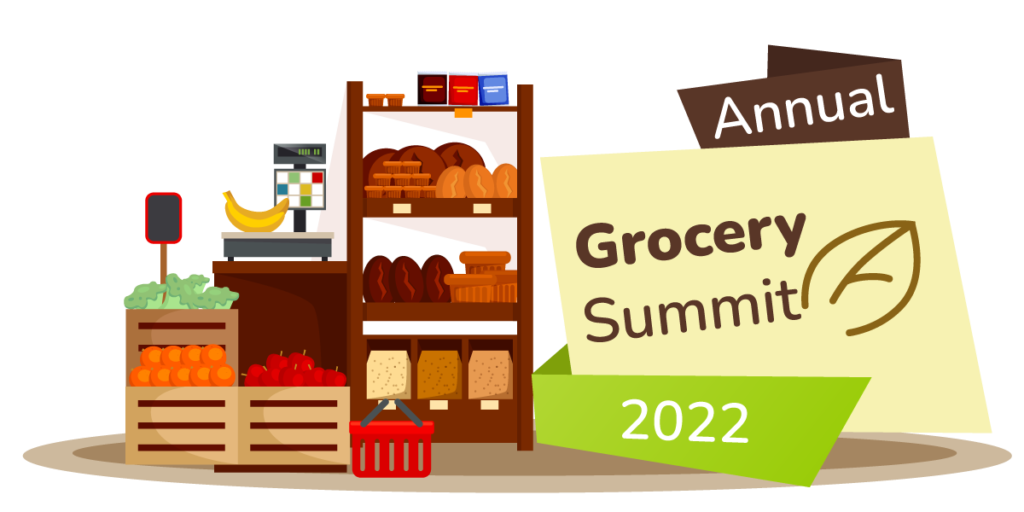
Brands need to know this to prepare for the holiday season shopping spree
Google and BCG, a consulting firm, surveyed over 12,000 U.S. consumers. The firms aimed to gain consumer behaviour insights before the holiday season. The study showed that consumers will go omnichannel more than ever, and firms need to implement few changes: 1, Retailers should highlight delivery options based on the product categories. Convenience urges 40% of people to shop in-store for groceries and healthcare. 2, Understanding the consumer delivery needs will let retailers manage their fulfilment centres effectively. 3, A mobile-friendly experience is a must for customers these days. 4, Digital channels will not only make existing customers return but will also bring new ones. So, brands need to invest heavily in social media campaigns.











